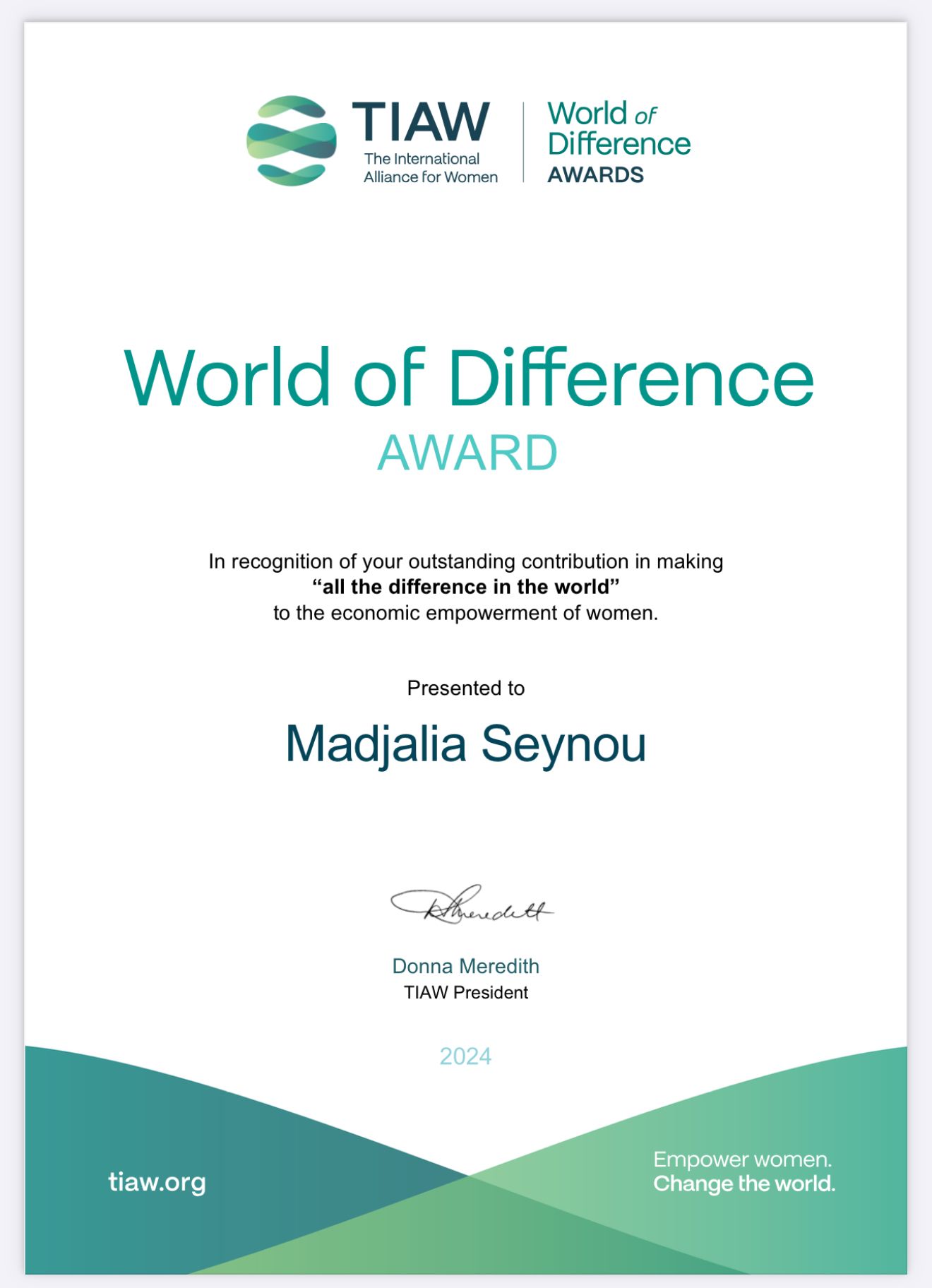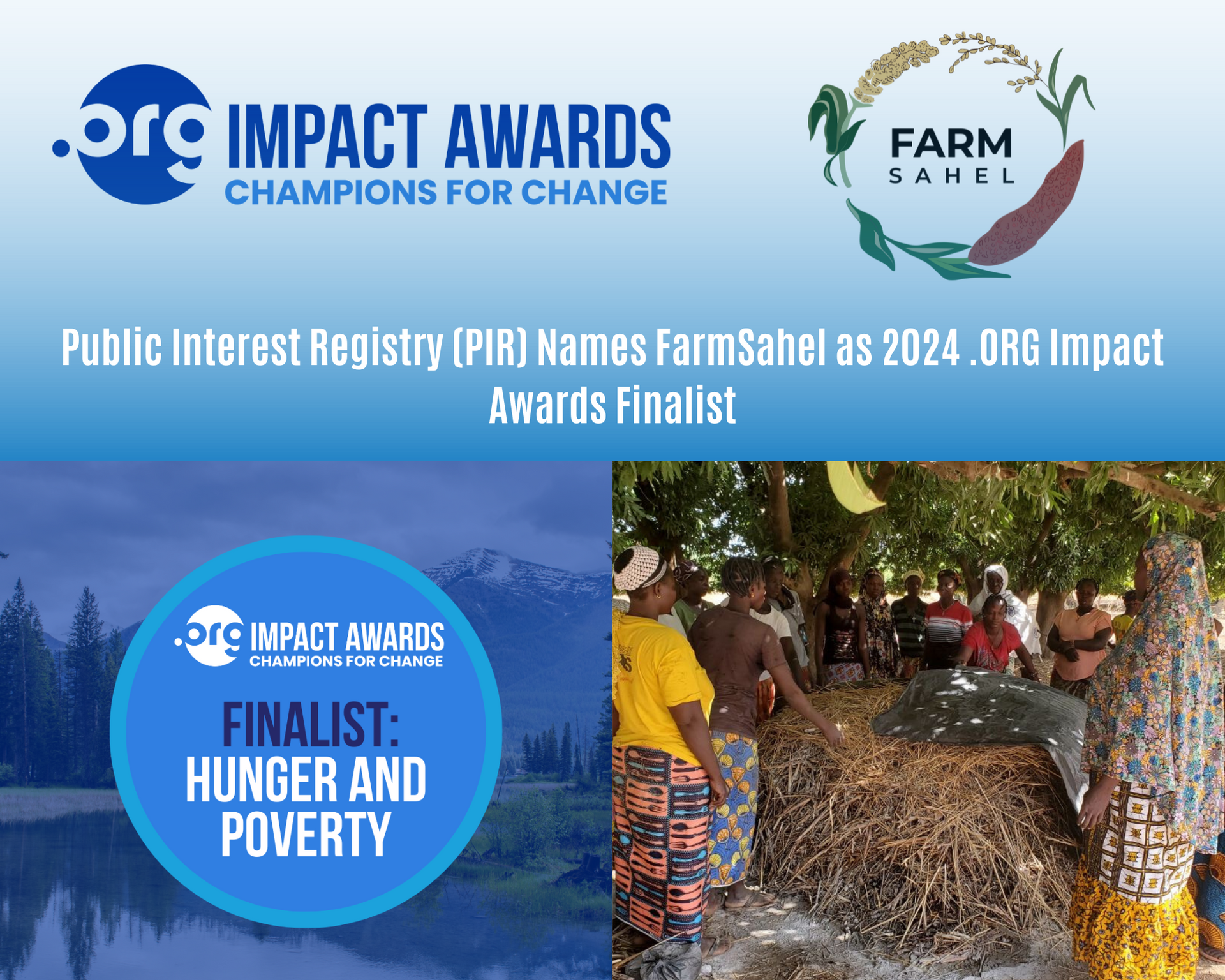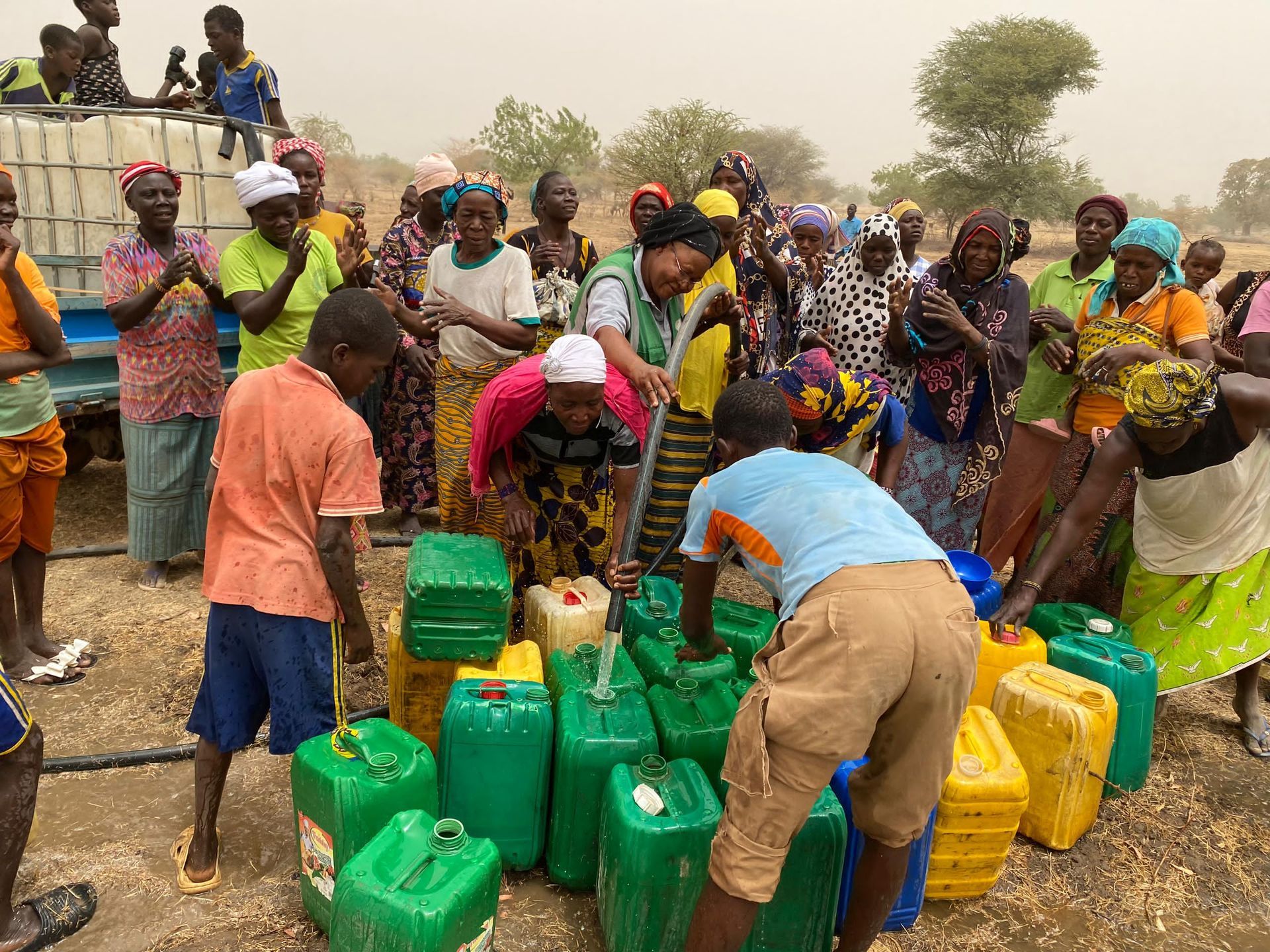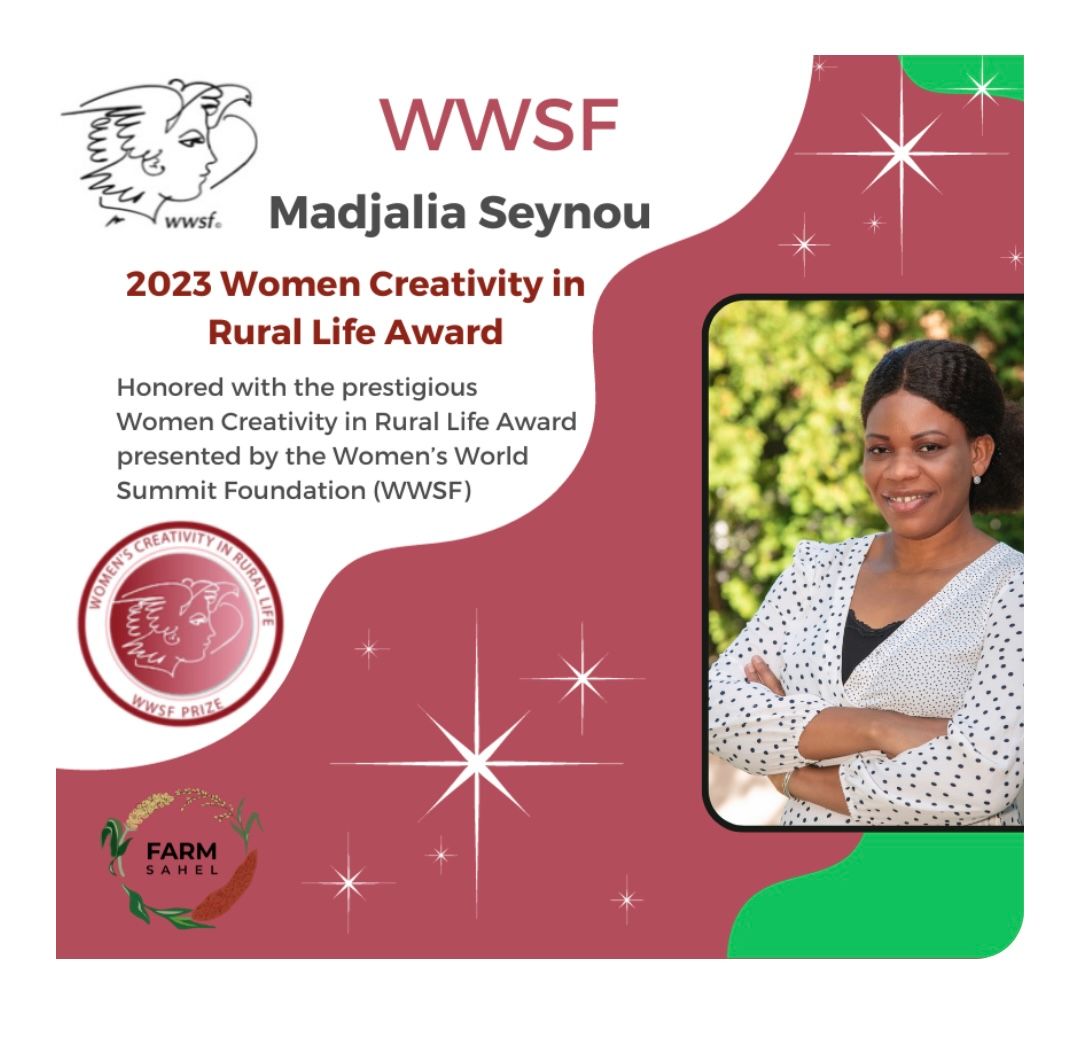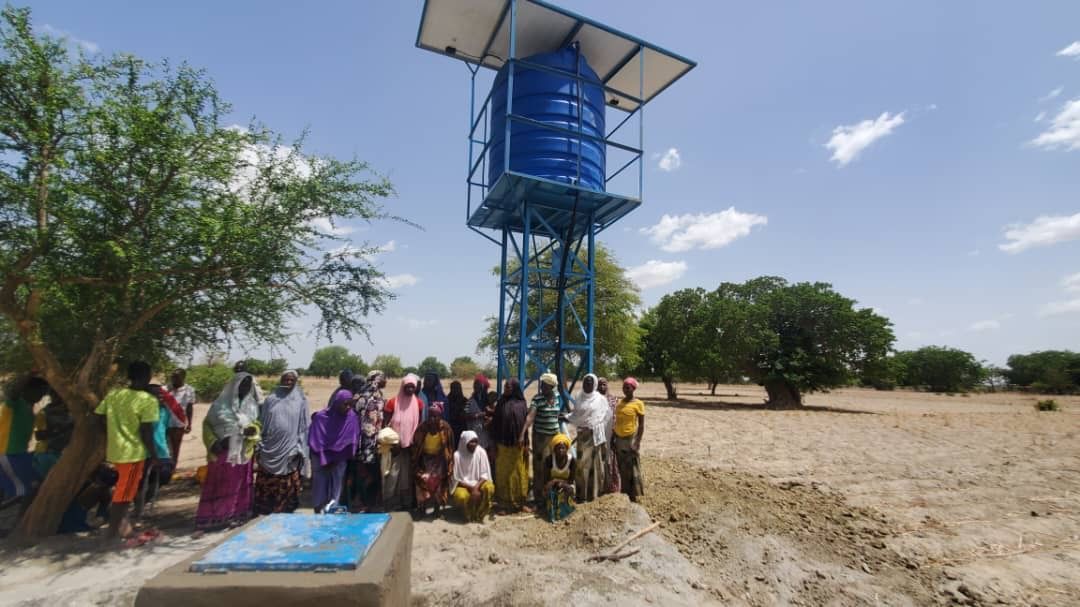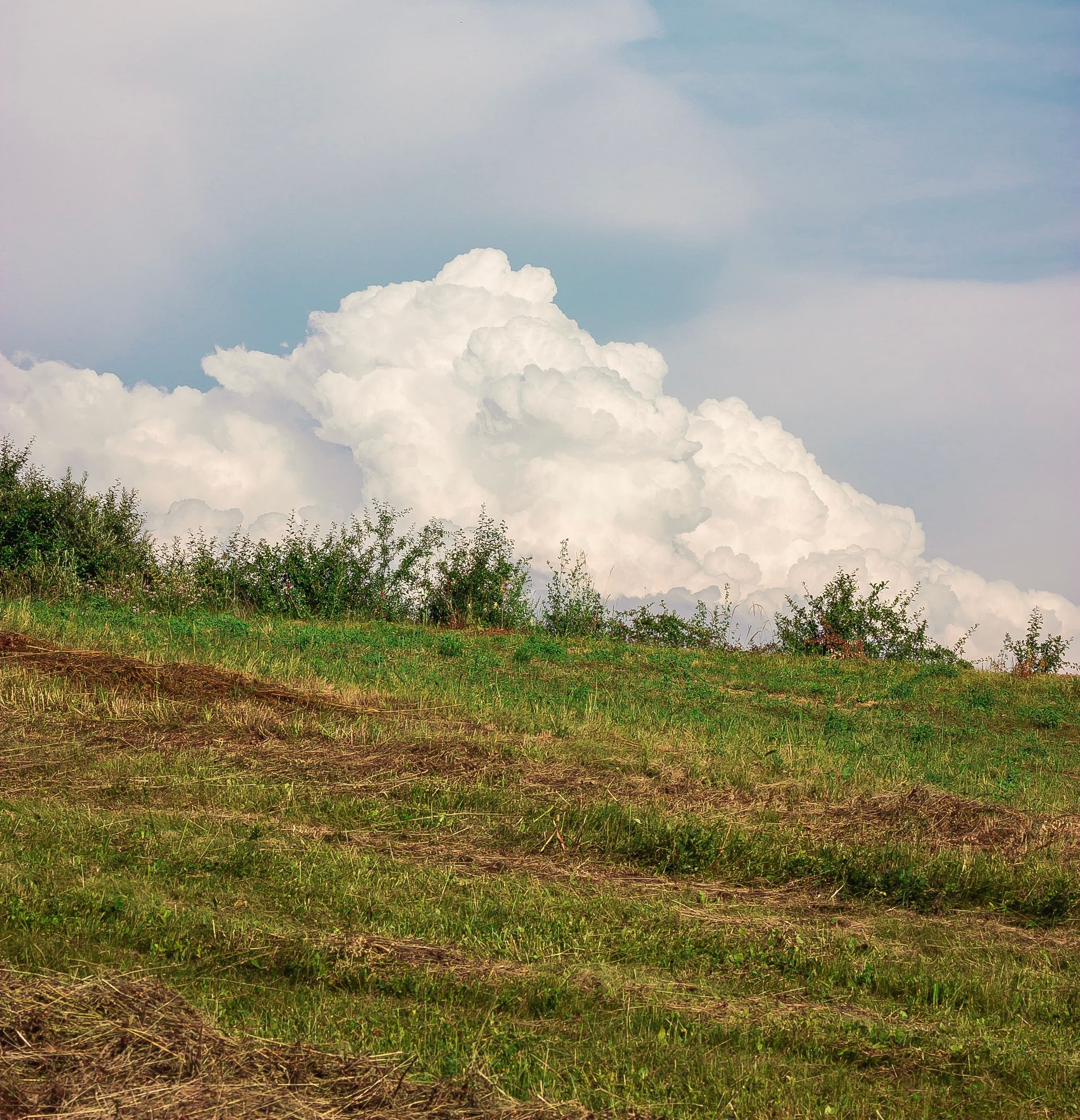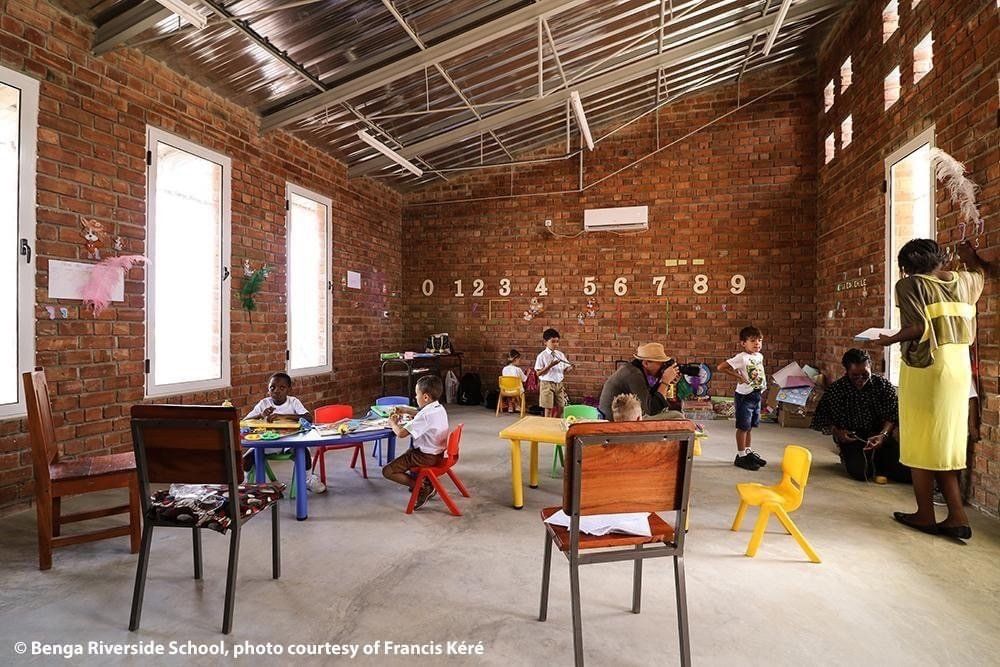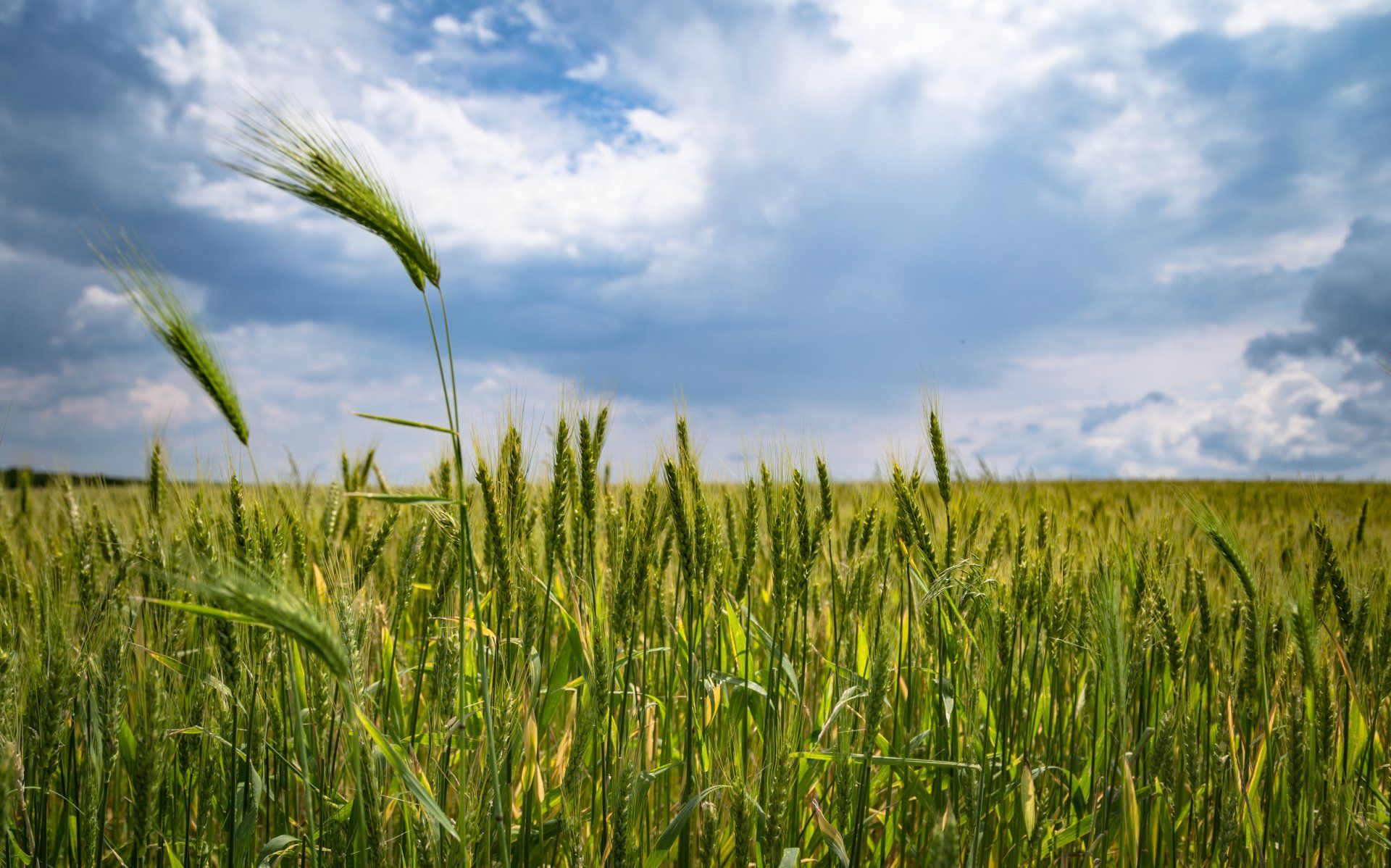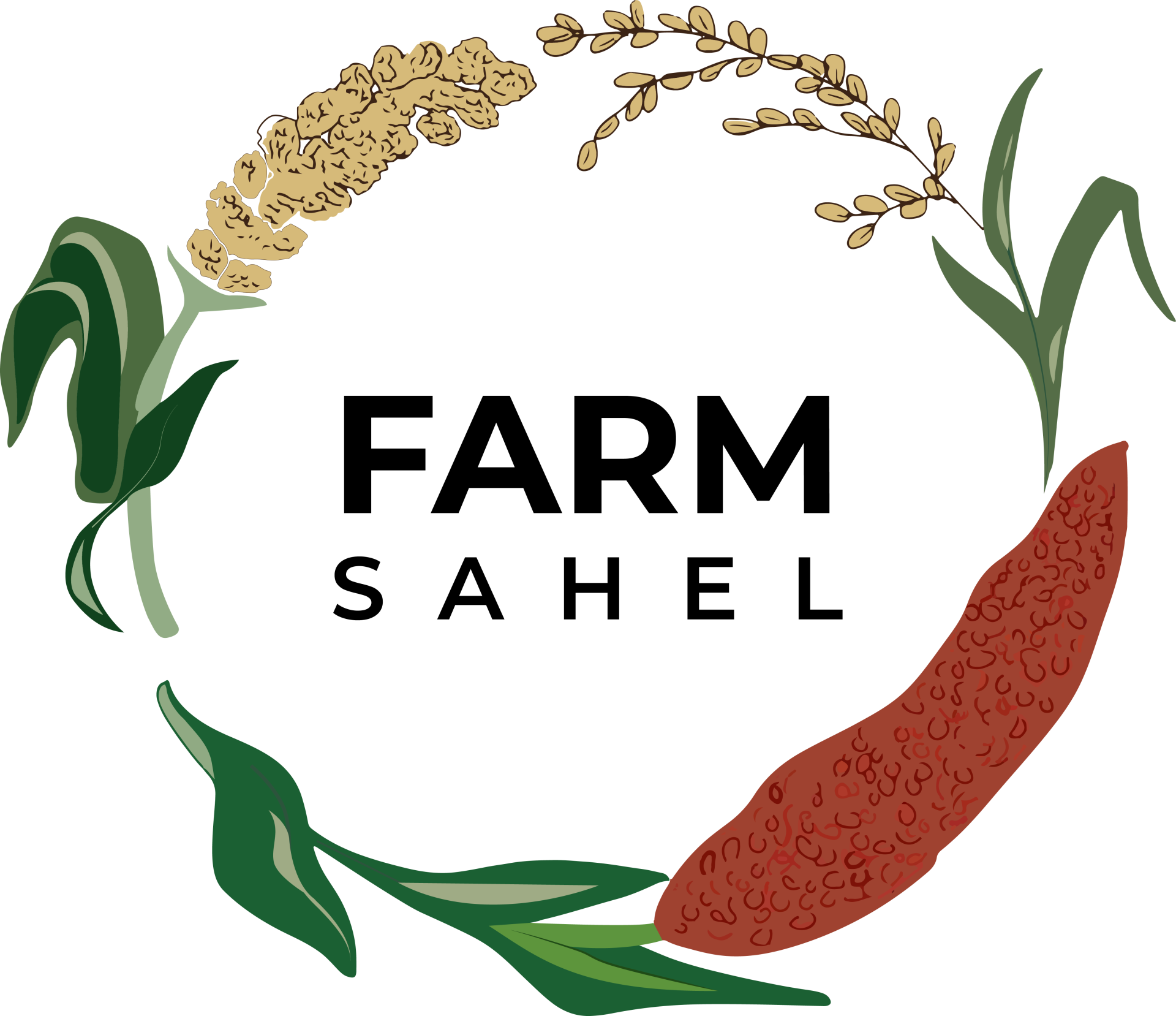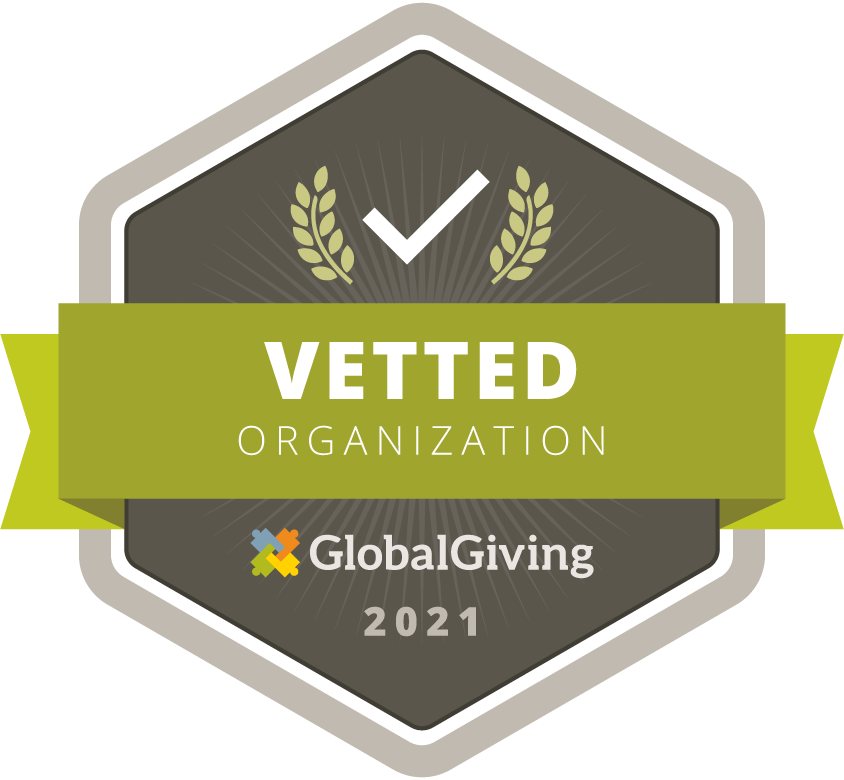The threat of invasive pests to small-holder farmers in Burkina Faso
The Burkinabe people have been wrestling daily with enemies' destroying their livelihood from every direction. As an agricultural country; small, elusive, and invasive pests can destroy an entire field of crops. While small-holder farmers have to worry about the changing climate and their safety, a tiny one-inch caterpillar has the capacity to have the most devastating effect. Pests can easily hide and quickly destroy the most important and most grown crops in Burkina Faso.
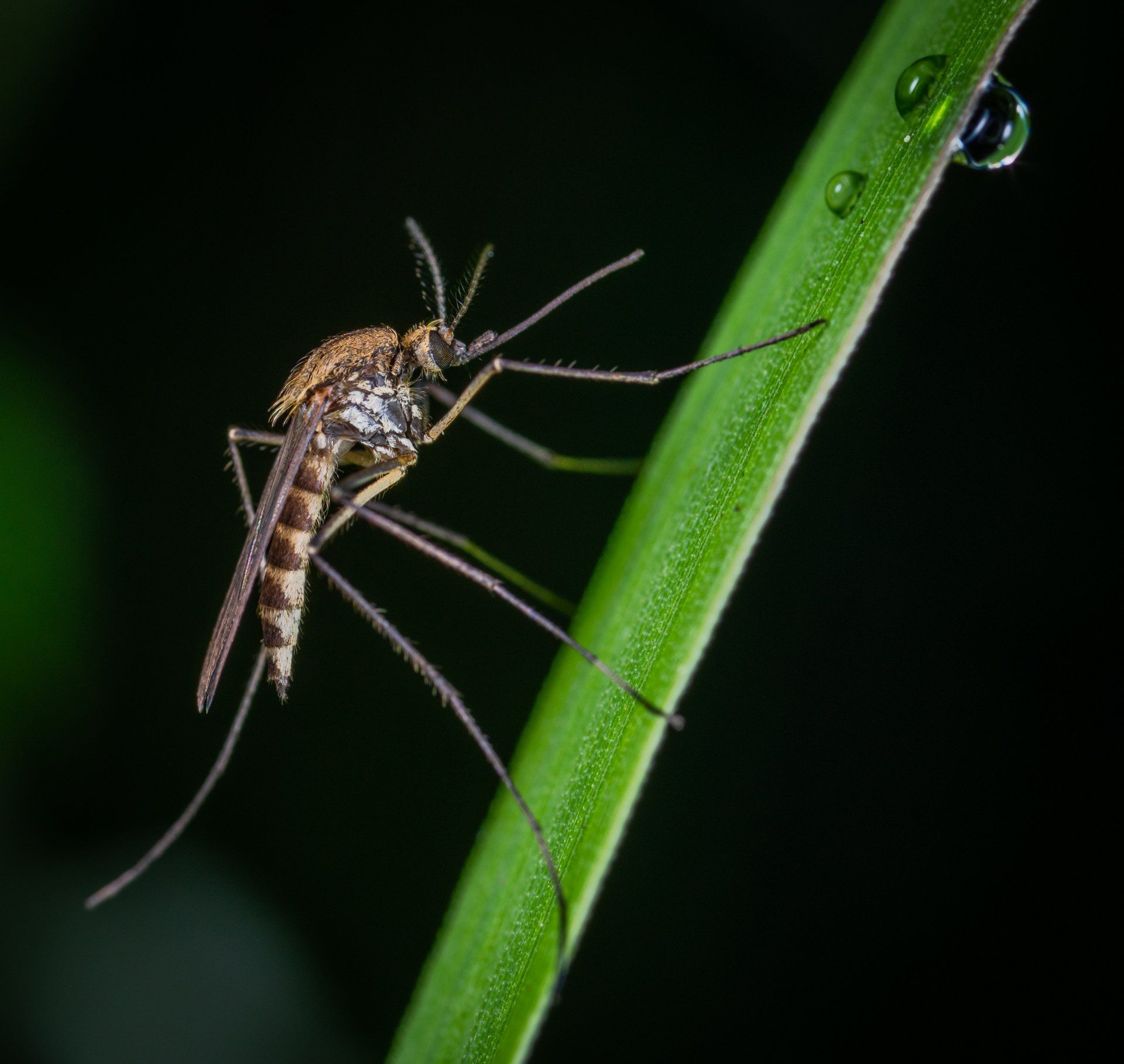
One important crop that is engrained into the culture of Burkina Faso is the Cowpea. Known as a cash crop, its’ versatility is unmatched. When FarmSahel donated one ton of this crop to small-holder farmers last year, an article was published explaining the importance of the Cowpea. The Cowpea is part of the bean family which has a plethora of destructive insects. However, it is the legume pod borer that has the most devastating effect on Cowpeas. This tiny caterpillar is responsible for up to 80% of Cowpea destruction. The Caterpillar has a whitish green color with black spots and a dark-brown head. Young caterpillars mostly eat the leaves and foliage of Cowpea plants. As they grow, they can bore into the pods and eat developing seeds. Once mature, the larva drops to the soil and pupates into a moth. Researchers have tried to create a Cowpea variety that is resistant to the legume pod borer. Some have been successful, but the variety is very hard to come by. Planting Cowpeas earlier in the season or obtaining a variety that matures quickly is one way to avoid this pest.
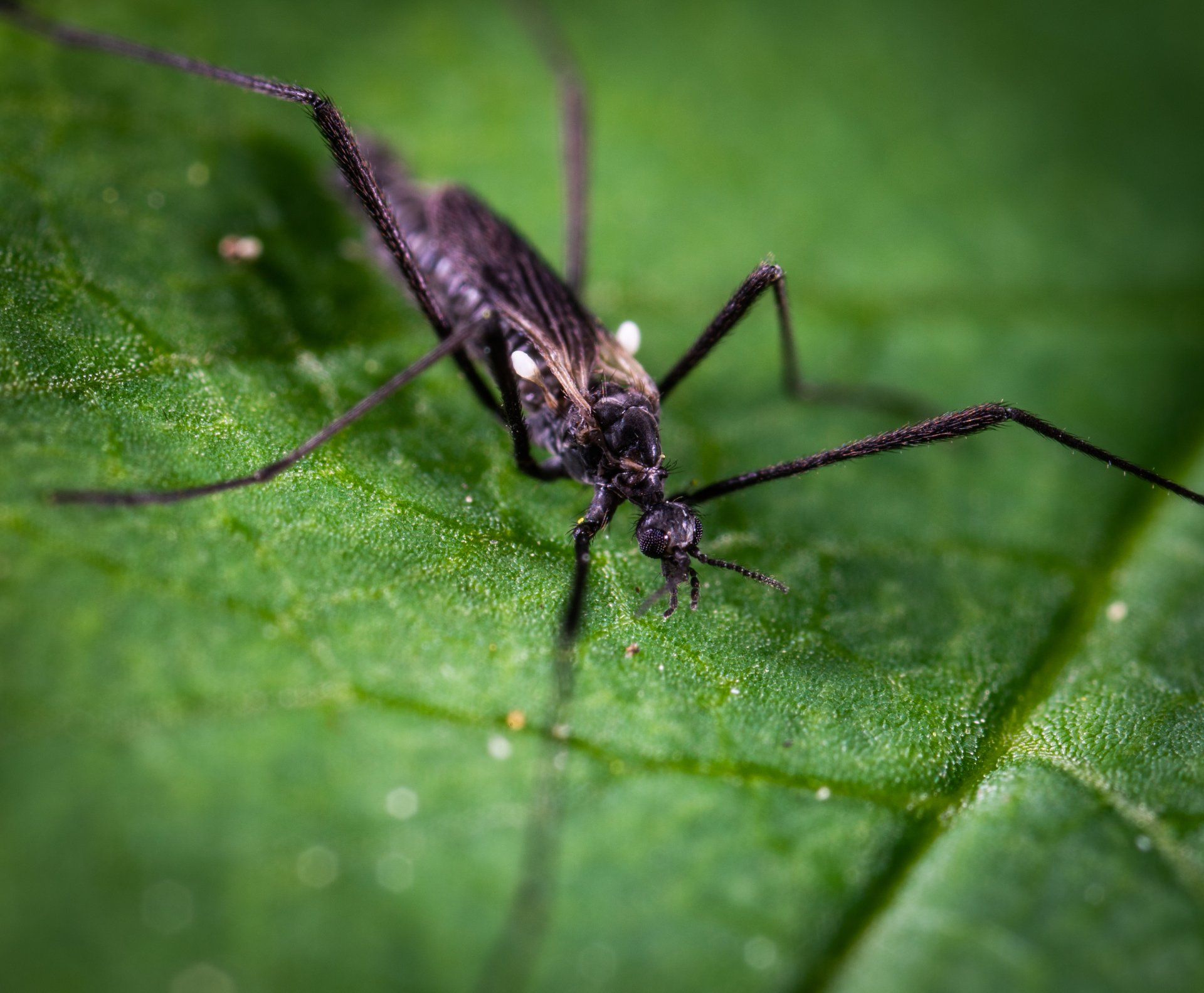
More research is going into versatile crops in West Africa. Cassava is another major crop that is grown in Burkina Faso. Much like the Cowpea, the Cassava has a wide range of uses. It is the most common root crop among small-holder farmers. It has a high caloric content and can be served in many dishes such as boiled roots or Cassava juice. It can also be processed into flour, tapioca, or acheke. While this crop may seem essential,there are still pests ready to destroy entire fields of it. The Bemisia tabaci, known as the whitefly, is the main invasive insect for the Cassava plant. This insect feeds directly from the plant's sap. Flying from one plant to another, the whitefly is often a carrier of plant diseases. Whiteflies can be devastating and contribute to an annual loss of $2 billion in Africa.
A major pest that is not only contributing to a complete loss in Africa but is spreading around the world is the fall-armyworm. This pest not only attacks but devastates the staple food crop, Maize. The fall-armyworm started in the Americas and spread up to Canada. In 2016, it was found in South Africa and quickly spread throughout the country. Now it has been seen in the Middle East and Asia. This little caterpillar has a caramel brown head with black stripes running down its back and a light fuzz covering its body. They can reproduce at a rate of 1000 eggs in their 10-day lifetime. They also stay together in swarms overtaking any plot they may come across prompting headlines of an impending food crisis for the world. This is a new armyworm variant to come to Africa so there has not been enough research done on how to best eradicate the fall-armyworm. Luckily, there is one way to help prevent attacks from pests for small-holder farmers!
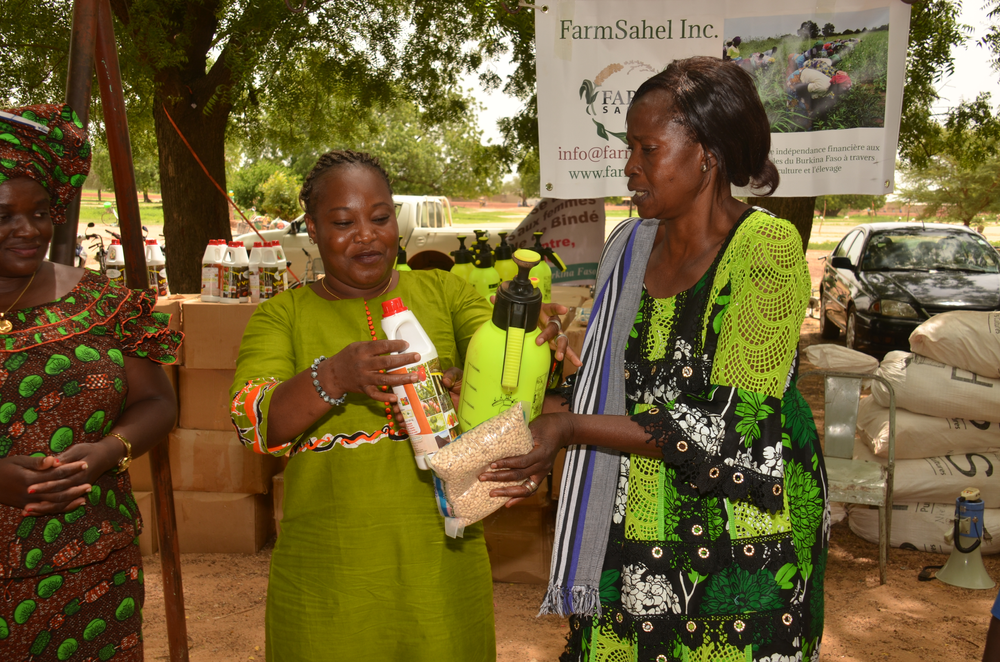
Pesticide is the best answer for many small-holder Burkina Faso farmers dealing with an infestation. FarmSahel has already donated 428 pesticide sprayers full of organic pesticides. As more research is done on the fall-armyworm specific pesticide will be made in order to fight this disastrous species. Until then, small-holder farmers deal with infestations throughout the growing season, pests account for a 49% loss in agricultural production across Africa. Donating directly to FarmSahel will allow us to put sprayers and organic pesticides directly into the hands of the people who need them the most. Women have to rely on crops for the betterment of their children and family. As climate change worsens and as more species emerge, this reliability diminishes. Pesticides are too expensive for small-holder farmers to afford. Farmers need to be able to rely on a sufficient supply of organic pesticides to implement on their farms correctly. FarmSahel is committed to continuing to work with farmers to ensure they have what they need to increase yields and protect their family’s livelihoods. It is through donations that we are able to give organic pesticides and training to the people who need it the most.
https://oec.world/en/profile/bilateral-product/maize-except-seed-corn/reporter/bfa
https://www.theguardian.com/global-development-professionals-network/2017/may/16/armyworms-the-hungry-caterpillar-threatening-a-global-food-crisis
http://b4fa.org/bioscience-in-brief/crop-improvement-case-studies/cowpea/
https://www.plantwise.org/KnowledgeBank/pmdg/20177800201
https://knoema.com/atlas/Burkina-Faso/topics/Agriculture/Crops-Production-Quantity-tonnes/Maize-production#:~:text=In%202020%2C%20maize%20production%20for,average%20annual%20rate%20of%2011.69%25.&text=Zea%20mays%20Corn%2C%20Indian%20corn,with%20a%20high%20germ%20content.
https://www.bayer.com/en/news-stories/fall-armyworm-combatting-another-invasive-pest-amidst-the-pandemic
https://www.ncbi.nlm.nih.gov/pmc/articles/PMC5448348/
